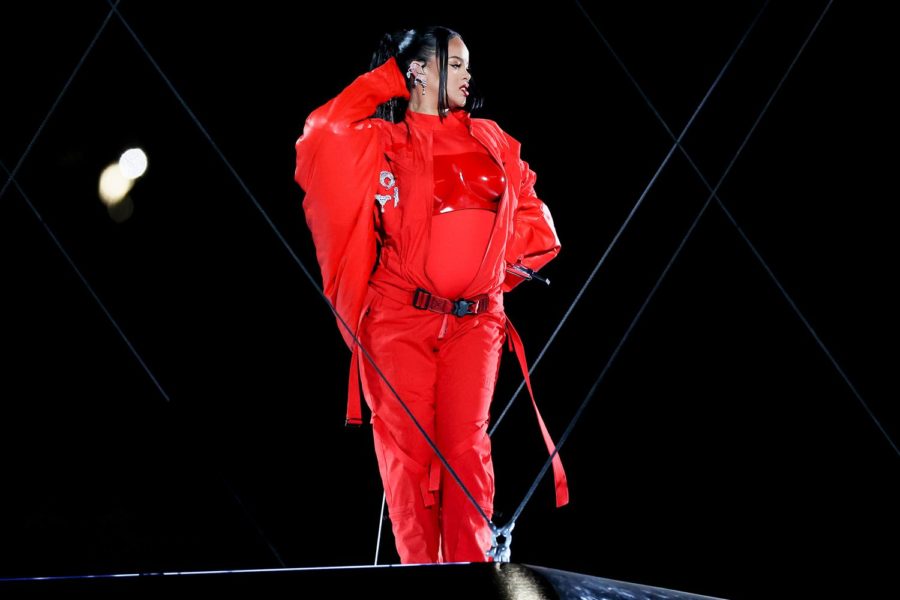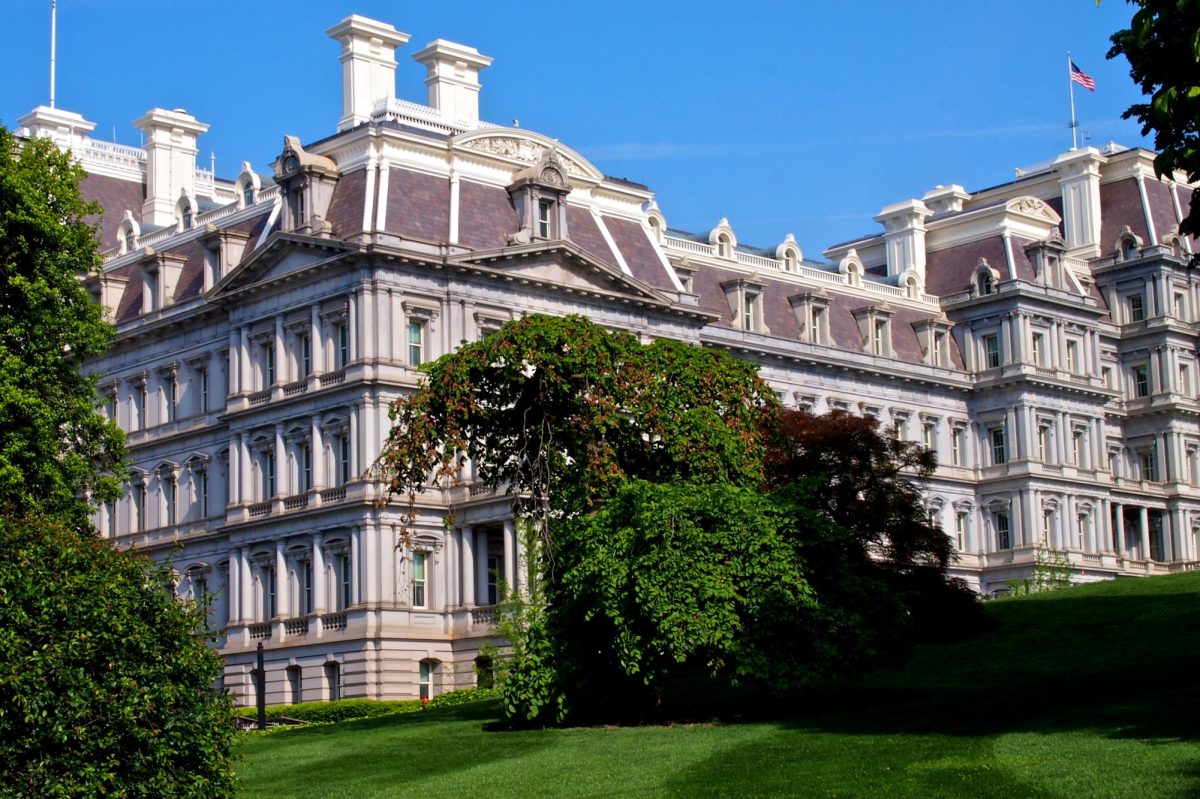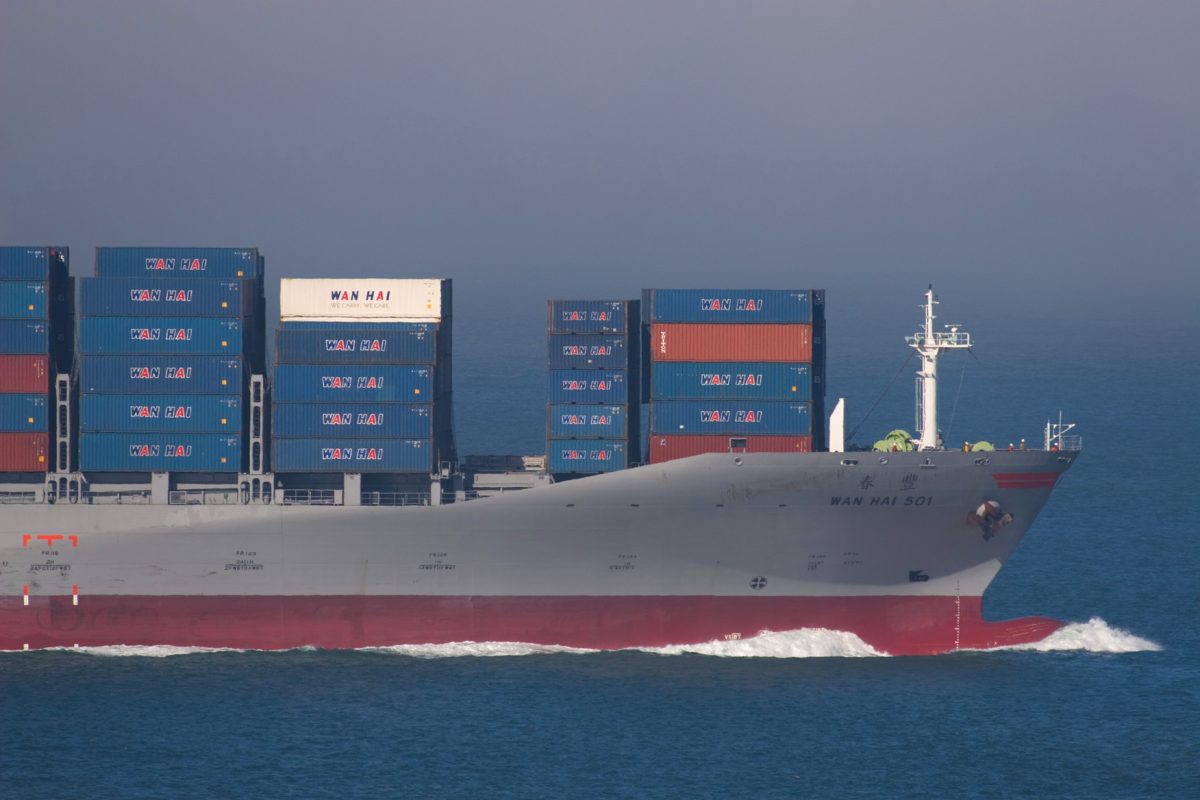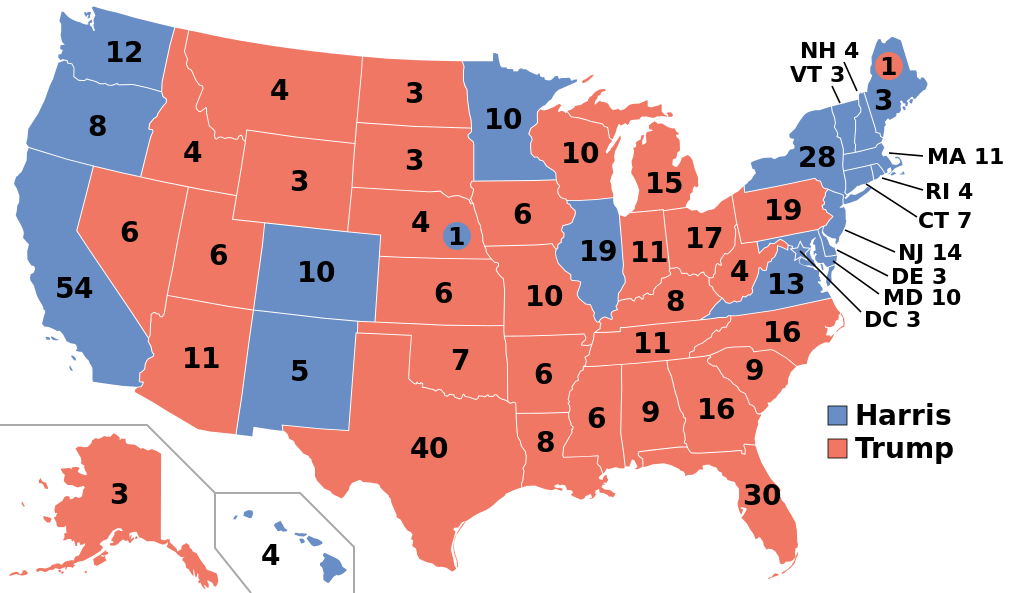As if a World Cup hosted by three nations — Spain, Morocco, and Portugal — already wasn’t enough to break the most countries to host the prestigious 4-year tournament, FIFA announced in October that to celebrate the 100th anniversary of the World Cup, Argentina, Paraguay, and Uruguay would host the first three games. The three different continents format of the tournament in a 48-team bracket, deviating from the original 32-team format, is now set.
While the expanding the number of teams and locations in which the game will be played promotes a global message of football’s presence in these countries, several problems may surface due to the absurd distance between South America, Africa, and Europe. For one, the travel times and hopping around time zones will exhaust the squads to play in South America first, who have to fly over 13 hours to the Iberian Peninsula to go straight into playing without rest. Another is teams who could potentially go against the countries hosting the games are at a significant disadvantage. Gareth Southgate, manager of the English national football team, blasted FIFA for ruining the “integrity of the sport,” noting that playing Argentina in Buenos Aires would be much different from playing them in Casablanca.
Moreover, FIFA has met heavy criticism since Russia’s bid to host the 2018 World Cup, which was seen as a sport washing scheme by Putin’s regime to cover their wrongdoings with the Crimea invasion in 2014. Passing the host torch to Qatar, a nation notorious for its lack of LGBTQ+, women’s, and workers’ rights only fueled more frustration among fans.
Meanwhile, after failing to secure the bid for the 2030 World Cup, Saudi Arabia has already entered the 2034 World Cup bidding competition that will be given to host nations in Asia and Oceania. After hosting a successful Women’s World Cup in the summer, Australia has also entered the bidding in hopes of seeing further success in the men’s sphere of the sport.




















































